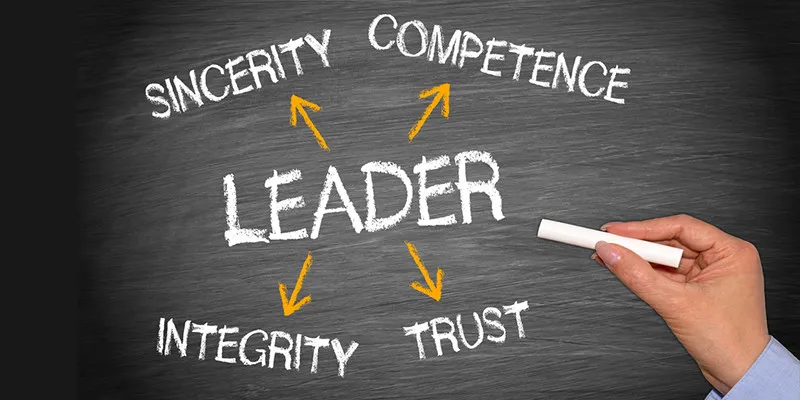How to become a leader others trust implicitly
No matter how impressive an entrepreneur’s resume is, there is nothing as important as his/her trustworthiness. People are looking for leaders they can trust. It is imperative that leaders first establish themselves as a trustworthy person within the organisation and then aim for public acceptance which can be built over time.
Have you worked under a boss who you couldn’t trust because your gut told you so? How was it dealing with the person and how motivated were you to work with them? It is often said that when it comes to trust, you either trust someone or you don’t, there is no in-between. Lack of trust can completely collapse the workings in an office environment. So how can you become a trustworthy business leader? Well, read on to find out.

Image : shutterstock
Establish clear roles & procedures to build trust:
The company should have a set of rules that is seeped deep into the culture of the organisation. This should start from the stage where you recruit. When your employees know what exactly they should work on and when the expectations are clearly set, employees tend to trust the system and work exceedingly well. This is a process that trustworthy business leaders make sure to institutionalise in their respective environments.
Rock-solid integrity:
The foundation of your integrity is honesty. You are bound to make mistakes, but do you accept it and correct them? Do you only take ethical decisions?People need to trust what you say without forcing you to explain yourself. Trustworthy business leaders, whose integrity cannot be questioned, share information in a transparent manner. All decisions are taken after consulting with the leadership team and conveyed to the employees before putting it in action. Do you consider the needs of your employees above yourself? Choosing humility to demonstrate your strength.
Share information openly:
When you run a company, there are certainly times when the company runs into all sorts of trouble. The true problem occurs when the leaders attempts to cover up crises in a poorly thought-out damage control measures. Trustworthy business leaders are honest about crises their companies are going through, at least as much as they can be. . Don’t try to spin the problem and make it out to be something that it is not. Acknowledge that the firm is suffering from a problem, take quick decisions to thwart it, put measures in place such that it does not occur again in the future.
Take the blame for losses and share the credit:
When leaders generously share the credit for an achievement, it shows that you are fully confident of your superior abilities. People tend to trust you more when you share the credit. A leader can also enhance his/her reputation when they assume full responsibility for a failure even though they might not have been fully involved in it.
Be highly responsive:
If there are any problems i in the office, whether there is trouble brewing between two different departments or underperformance of a set of employees, are these brought to you, the leader? Or do they go to someone else who solves their problem? If you are not the go-to guy for anything related to your company, then there is a lot of work to do. Is there a consistency of action from your side with proper follow-ups taken for important matters? Trustworthy business leaders demonstrate a high level of responsiveness and this is often reflected in their employees’ confidence in them to resolve issues successfully.
Promote and encourage diversity:
Organizations and leaders who encourage and are inclined to listen to varied input will be considered more trustworthy. A diverse environment is a proof of trust in their abilities. A leader should strive to create an environment which has people from all walks of life including gender, sexuality, religion, country of origin, etc.
Trustworthy business leaders don’t establish themselves overnight. It takes sweat, tears and a lot of sacrifices before you earn the respect of your employees and colleagues. You need to unlearn many things that you thought were right when you just started your business. When you keep implementing the things mentioned, before you know, these practices became a habit and you are deemed trustworthy by your close ones and other significant shareholders.







